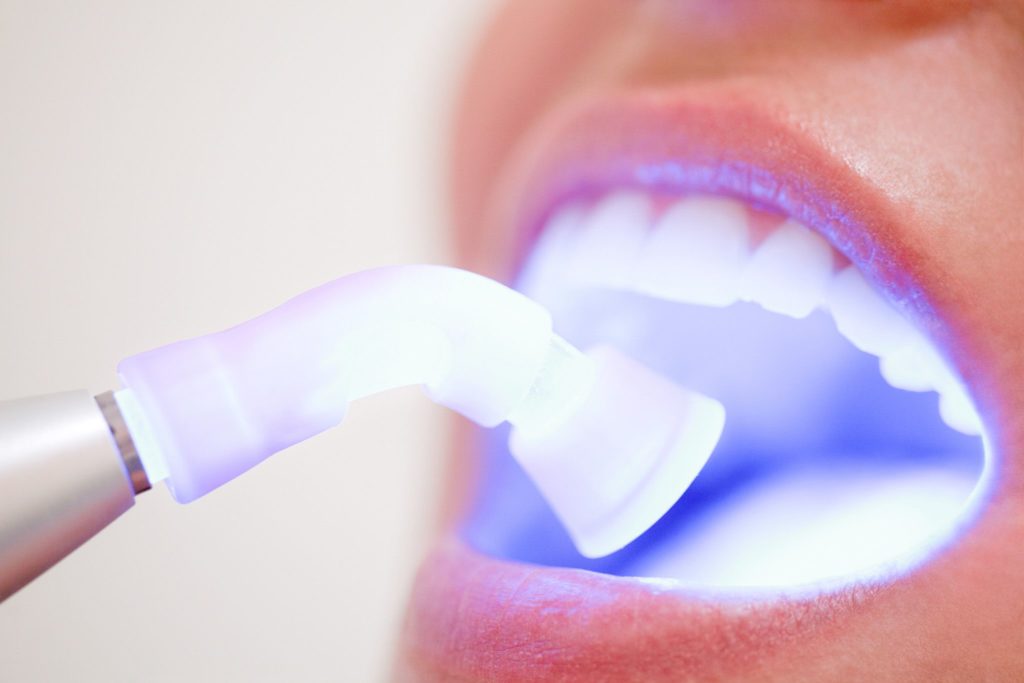If you have a procedure involving tooth decay or gum disease, it is possible that your dentist will use lasers for your treatment. Lasers are highly concentrated beams of light that can reshape bone, teeth, and soft tissues. Lasers are incredibly useful tools in a dentist’s tool bag. In fact, dentists can use lasers for a variety of treatments, and they have numerous benefits for patients. For over 30 years, dentists have used lasers to provide a better, more comfortable alternative to traditional dental tools.

What Are They For?
Dentists use lasers to help improve the comfort and experience of their patients. They use them for both cosmetic and restorative purposes. For example, hypersensitive teeth can prevent many patients from attending regular dental appointments. Additionally, having extremely sensitive teeth can make daily life much more difficult, especially when eating and drinking. Dentists can use lasers to seal the tubules inside the teeth to eliminate sensitivity. The tubules allow temperature sensations to travel into the nerves, causing sensitivity.
Additionally, lasers are excellent for treating tooth decay and gum disease. The laser can help kill bacteria that cause tooth decay. While your dentist removes the decayed portion of your tooth, the laser kills any remaining bacteria. This reduces your chances of further decay or infection. In addition, lasers easily remove decayed tissues from your gums, making lasers effective for treating gum disease.
It is common for dentists to use lasers for cosmetic procedures. In fact, lasers can speed up most cosmetic processes, such as teeth whitening. The lasers create a reaction with the bleaching chemicals, which speeds up the process. Additionally, lasers are great for reshaping gum and bone tissues. From gummy smiles to crown lengthening, lasers will make your cosmetic procedures quick and painless.
Small Risks with Lasers
Every dental tool and procedure carries risks. However, the dangers of dental lasers are relatively small. For example, there is a possibility that you can experience damage to the soft tissues or pulp within your teeth. As your dentist works, there is always a risk that they can hurt healthy tissues.
Additionally, there are some procedures in which your dentist cannot use a laser. There are other dental processes that require a laser. This means that lasers are quite as useful for every procedure.
Benefits of Lasers
Due to the nature of lasers, they help promote clotting as your dentist uses them. Therefore, you will experience minimal bleeding during your procedures. This also means that you are less likely to need stitches after certain procedures. Additionally, this feature of lasers helps your wounds heal faster. In fact, the laser can promote the regeneration of tissues.
Because lasers have antibacterial properties, the chances of developing an infection are much lower. Lasers sterilize the area in which they are being used. This can also help your recovery time.
With the use of lasers, it is more likely that you will experience less damage to the surrounding tissues of your surgical area.
